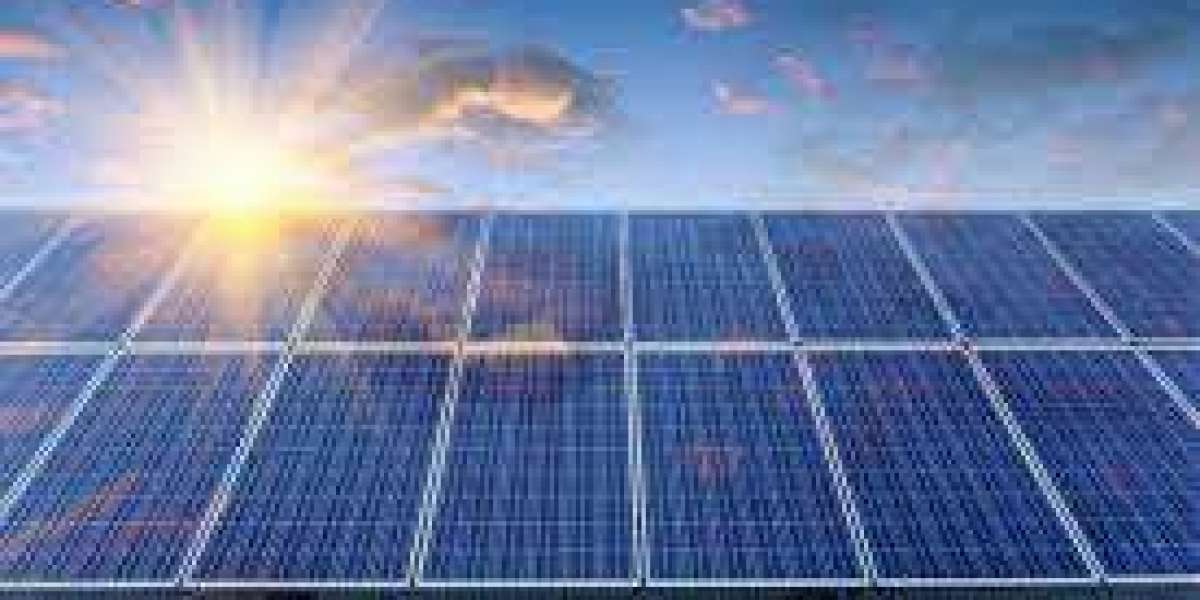Some of the most beautiful real estate in the country is in rural areas. Often, they provide peace and quiet, but are not connected to the utility grid. Setting up a primary residence or vacation home can be difficult when off the grid, but off grid solar systems are an alternative.
Why go off the grid.
Sometimes home shoppers find a pleasant property, but it's far from the utility grid. Sometimes, extending the grid can cost tens of thousands of dollars, and homeowners have to pay for it. However, living in an off-grid home is attractive to some people for many reasons. For one thing, it often coincides with a simpler and more self-sufficient life.
As utility companies raise their rates, many homeowners are wondering if there is a better way. In 2020, the average monthly electricity bill in the United States was $117, but that number is rising every year. Unfortunately, electricity costs are also disproportionately high in some areas. In California, Hawaii, Alaska, Massachusetts, Connecticut and Rhode Island, the average utility customer is paying more than $0.20 per kilowatt-hour, according to the U.S. Energy Information Administration. Compare that to Oklahoma, where the average retail price is just over $0.07 per kilowatt-hour, and even Idaho, where the average retail price is $0.08 per kilowatt-hour, a staggering difference.
In addition, these households pay a monthly fee to be connected to the grid. Properties not connected to the grid are not required to pay the monthly fee. Small houses are also a great option for off-grid solar.
In terms of incentives, net metering or net energy billing policies for renewable energy systems vary widely across the United States. Some utilities offer homeowners compensation for solar power at retail prices, while others offer little.
Frustration with grid-connected solar systems.
Many owners of solar systems prefer to generate their own electricity without producing greenhouse gas emissions. Often, they can save significantly on their electricity bills, so solar panels make economic sense, too.
However, some owners of grid-connected solar systems have encountered a number of grid-related problems. Net metering policies set out how utilities compensate solar system owners for excess power sent to the grid. Under the net metering method, utilities reimburse customers for the excess power they send to the grid.
Unfortunately, not all states have net metering laws, which means that some solar system owners are not adequately compensated for the excess power they send to the grid. In some places, people with solar panels receive retail prices for their electricity. However, in areas without strong net metering laws, they may receive only a fraction of the wholesale or retail rate.
In recent years, some states have scaled back net metering programs. This discourages people from installing solar panels because they do not know how much they will be compensated. In Hawaii, the lack of a network metering plan, coupled with high electricity prices, encourages people to install solar systems with battery storage to increase their independence from the grid.







